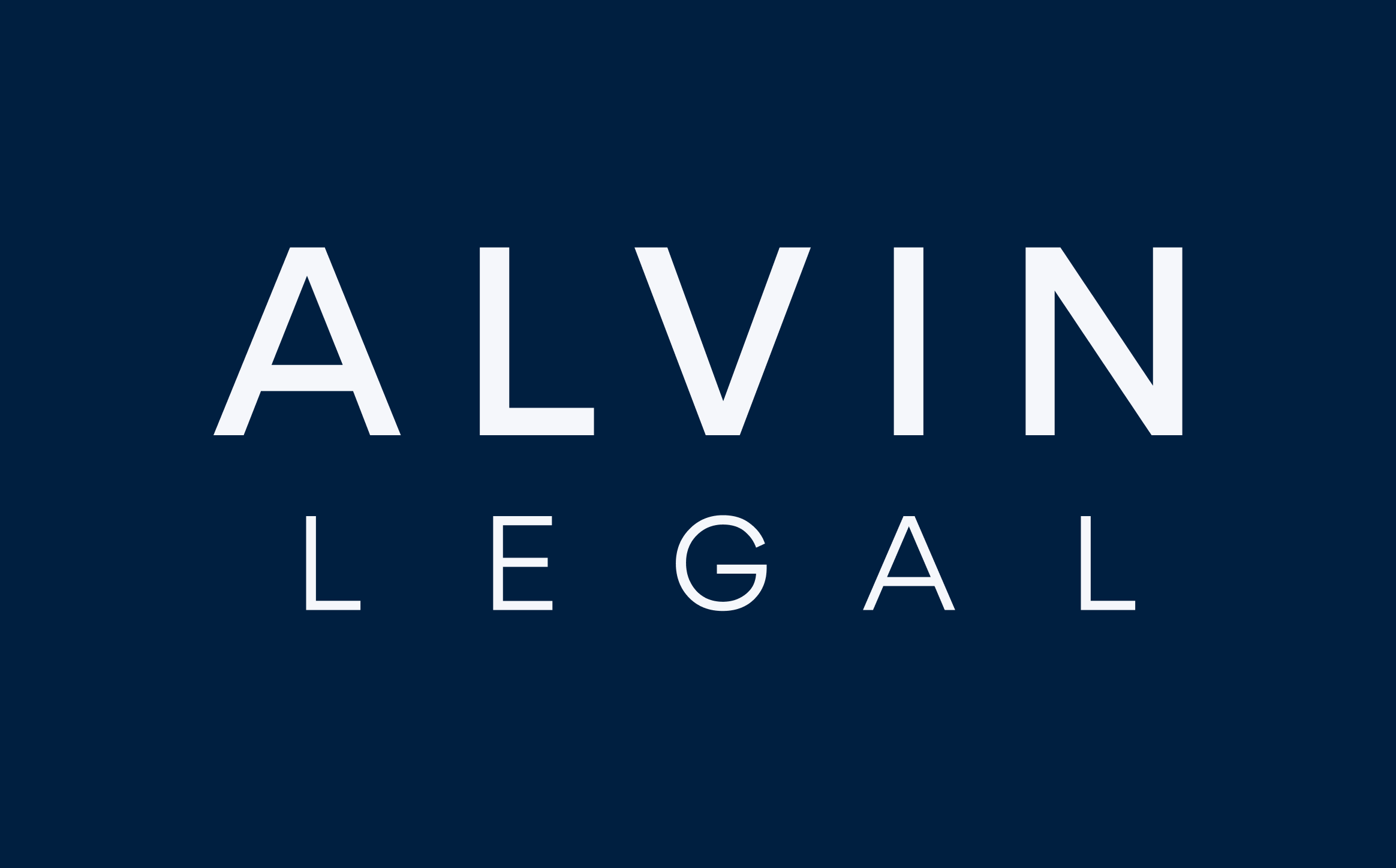Overview
A company may only financially assist a person to acquire shares in the company if the company complies with Part 2J.3 of the Corporations Act 2001 (Cth) before proceeding with the transaction.
The most common example of a company giving financial assistance is where the company gives a guarantee or indemnity and grants a security interest over its assets in favour of a lender financing the acquisition of shares.
Part 2J.3 of the Corporations Act 2001 (Cth) will apply whether the person is acquiring shares under a share issue, transfer from existing shareholders, or any other means.
Corporations Act 2001 (Cth), Part 2J.3
A company may financially assist a person to acquire shares in the company if:
1. Giving the financial assistance does not materially prejudice the interests of the company or its shareholders, or the company’s ability to pay its creditors; or
2. The company obtains shareholder approval and follows the procedures laid down in section 260B of the Corporations Act 2001 (Cth); or
3. The assistance is exempt under section 260C of the Corporations Act 2001 (Cth).
The purpose of these rules is to protect shareholders and creditors from being prejudiced by financial transactions unrelated to a company’s usual trading activities.
When giving financial assistance, it is best practice to obtain shareholder approval and follow the procedures laid down in section 260B of the Corporations Act 2001 (Cth), because otherwise the onus will be on the company to prove the company, its shareholders or its creditors did not suffer material prejudice.
The steps to obtain shareholder approval under section 260B of the Corporations Act 2001 (Cth) are:
1. The agreement relating to the acquisition should be conditional on the approvals set out in step 3 being obtained. If the agreement will not be conditional on such approval being obtained, then the agreement should only be entered into at step 3.
2. Before a shareholders’ meeting is held to obtain the approvals set out in step 3, the company lodges with ASIC copies of:
a. The notice of meeting; and
b. Any document relating to the financial assistance that will accompany the notice of the meeting sent to shareholders. (This should include an explanatory memorandum setting out all information known to the company that is material to the decision whether to approve the financial assistance.)
3. The financial assistance be approved by:
a. A shareholders’ special resolution (75%), with no votes being cast in favour of the resolution by any person acquiring the shares or by their associates; or
b. A unanimous resolution by all ordinary shareholders.
c. The company must lodge with ASIC copies of any resolution under step 3 within 14 days after it is passed. The company must not give the financial assistance until 14 days after lodgement.
A person involved in the contravention of these rules will be liable to the civil penalty provisions under the Corporations Act 2001 (Cth). The person will also be liable to civil penalties if the contravention is dishonest. A contravention, however, will not invalid a transaction or expose the company to penalties.

